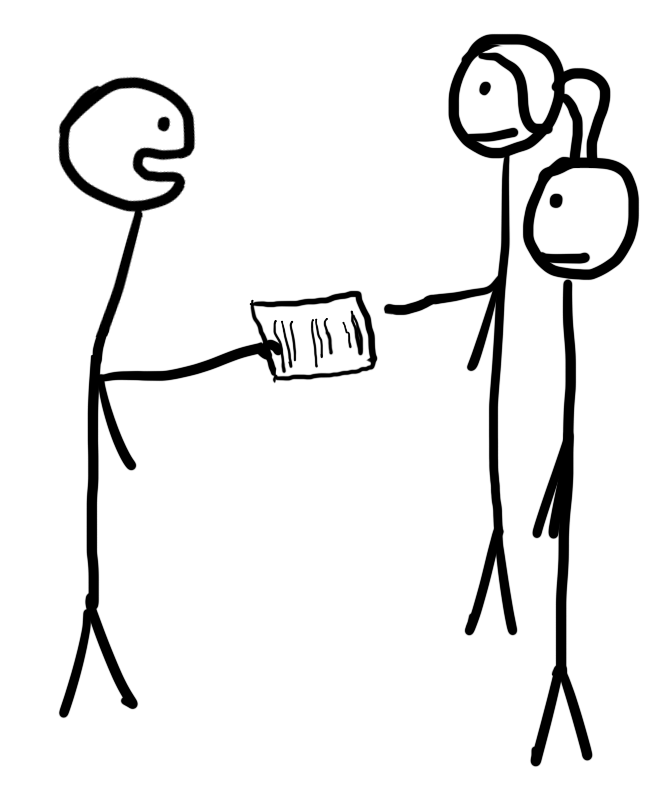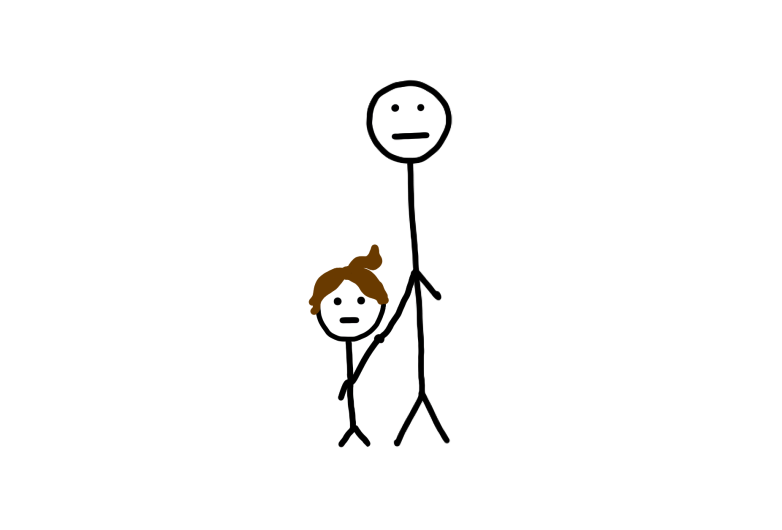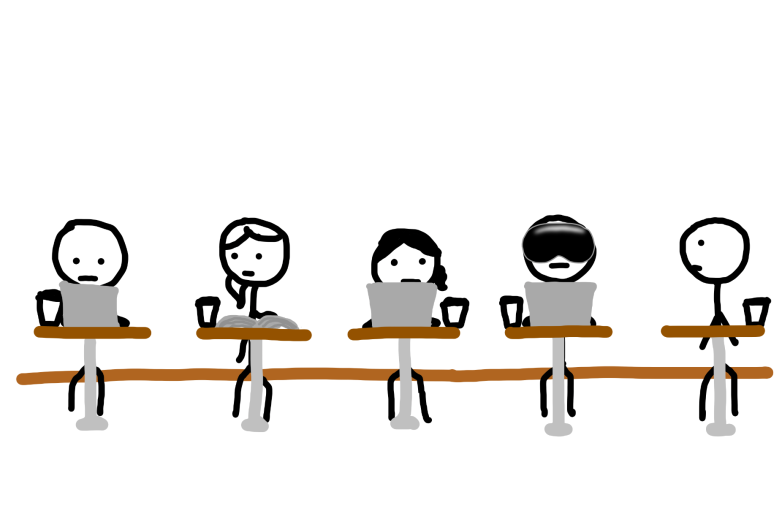 People who do a lot of hiring know exactly what the Do’s and Don’t’s are for the job application process—how applicants can best get themselves in the door, and how they can make their best possible showing in the interview. On the other hand, people applying for jobs are often total or near amateurs at doing so and will inevitably make rookie mistakes in the process.
People who do a lot of hiring know exactly what the Do’s and Don’t’s are for the job application process—how applicants can best get themselves in the door, and how they can make their best possible showing in the interview. On the other hand, people applying for jobs are often total or near amateurs at doing so and will inevitably make rookie mistakes in the process. The WBW community contains a ton of people on both sides of this—so let’s try to narrow the gap. If your work involves screening, interviewing, or hiring applicants in any way, or if you’re an experienced applicant, let us know your best advice—especially the less obvious things you think applicants are likely to get wrong. And if you’re applying for a job and have questions, ask away.
___________
Tim’s Answer: During my years in the business world, I did a decent amount of hiring, so while not a lifelong pro, I do have some experience. Some of these may seem obvious, but in my experience, a lot of people have messed up each of them. It should also be noted that different industries will have a different set of norms—my particular advice is catered towards small startup-y type companies. My advice:
- Keep your resume to one page. Sprawling resumes reek of non-professionalism.
- Put time into the cover letter, and write a different one for each job you’re applying to. Hirers can smell a form cover letter from a mile away—the cover letter should show that you know all about the company and the position you’re applying for and should explain articulately why your experience and personality are a great fit. I personally like when applicants showed some personality in the cover letter, but other hirers might view anything other than total professionalism as a negative, so you might want to be cautious—you can show plenty of personality later, in the interview(s).
- Before the interview, do your homework—you should come in crystal clear about A) why you want this particular role B) at this particular company C) in this particular industry, D) how this all fits into the story of your career, and E) why you’re exactly what the company is looking for.
- In the interview, showing honesty goes a long way. Every interviewer has a finely-tuned bullshit meter, so admitting a fault of yours or an insecurity you have will usually make the interviewers trust you and believe you when you say good things about yourself.
- In the interview, be your most likable self. When companies hire employees, they’re also hiring the people they’ll have to spend half of each week with, and in any good company, culture is a top priority. If you’re stiff and over-professional, you’re not acting like someone people want to spend half of each week with, and you’re not showing them how you’d contribute to the company culture. If you’re yourself in the interview and you’re a good fit for the culture, that’s going to be a huge plus for you—if you’re yourself and you’re a bad fit for the culture, it’s not a company you’d be happy working at anyway. Win-Win.
- Come into the interview with some smart, high-level questions to ask the interviewer—most people don’t.
- Definitely, definitely don’t forget to write a short, friendly thank you email to the interviewer later that day. It’s not that the thank you note is important in itself—everyone knows it’s contrived—it’s that it signals to the interviewer that you get it—that you know how to play the game and can act the part you’re supposed to in a given situation, which is what they’ll want you to do as their employee.
You can sign up for the Dinner Table email list here to be notified about the new topic each week, and remember to submit future topic suggestions to [email protected]. Also: if the comments below don’t load, just refresh the page or open it in a different browser.





